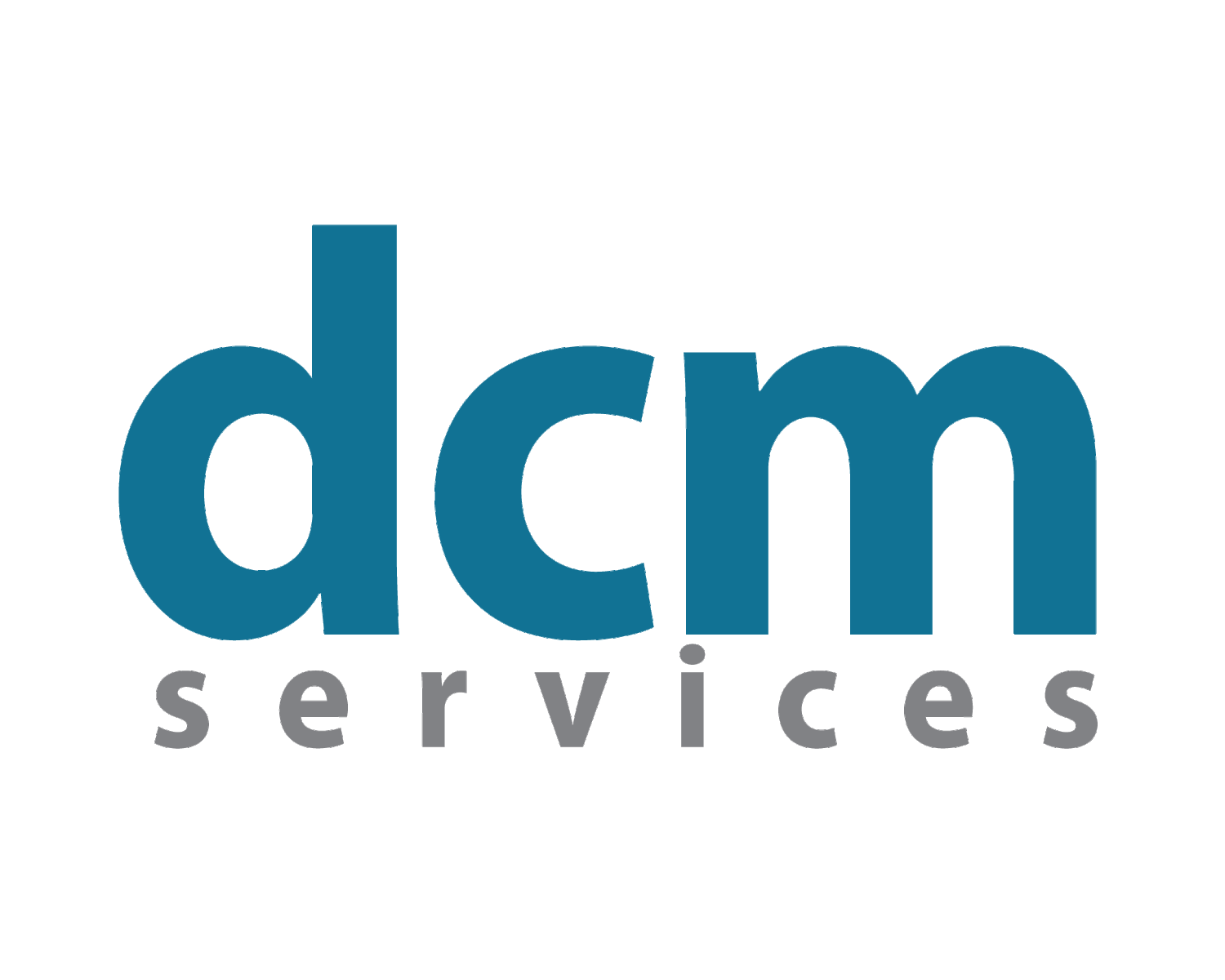Written by Chris Stanley, Director of Business Development
When I go out to eat at a restaurant, often I’m there because of how the restaurant prepares food in its own way, what some may call the “secret sauce.” For example, the special sauce at a fried chicken joint. The proprietary ingredient takes ordinary fried chicken to uniquely delicious fowl. It may come as a surprise to know that the secret ingredient in an effective auto estate recoveries strategy is not optimization, but education.
Preparing your recovery process
When examining an estate recovery strategy for auto portfolios, there are many processes that align across DCM Services (DCMS) auto, credit card, banking, credit union, and telecom clients. We know that locating and filing on every probate estate is the most compliant and survivor-centric method to recovering on estate accounts and is the cornerstone of DCMS’ recovery strategy for all clients. It is a court-driven process with expected outcomes for the creditor, vendor, and estate. Through 20-plus years of working with the nation’s top auto lenders, we have learned that probate estates can liquidate up to seven times higher than non-probated estate accounts in the auto vertical. In addition to the compliance and survivor-centric benefits, this process provides the best return for our clients.
DCMS has also found value in scoring inventory to ensure our work efforts are devoted to the accounts with the greatest likelihood to pay. This does not mean that additional inventory is ignored; it simply means that work efforts are prioritized to accounts with a higher propensity to pay, subsequently minimizing complaints by not overworking inventory. It truly is a work smarter, not harder strategy. While effective estate location and scoring models are important, the differentiating factor is neither of these.
The secret ingredient? Education.
It may come as a surprise to know that education is the most important aspect of an effective recovery strategy for auto accounts, especially deficiency balance accounts. Auto accounts contain more complexity than a credit card or telecom account. In order to understand this, it is critical to remember that approximately 30% of all probate estates will be managed by a Personal Representative and not an attorney. Nearly all non-probate estate accounts will be managed by a family member.
These individuals are most likely going through the probate process for the very first time. Understandably, they are typically unfamiliar with the intricacies of the estate lifecycle, terminology, legal implications, and the flood of information as part of handling the decedent’s affairs. Because of the additional steps necessary to handle secured accounts internally at our client, this adds additional processes (repossession, voluntary surrender, assumption, etc.) to the estate recovery timeline.
As part of DCM Services’ partnership with many top auto lenders, educating personal representatives and individuals handling the decedent affairs is critical to minimizing complaints and maximizing recoveries. While DCMS does not provide legal advice, our Operations Teams and Account Representatives ensure each person we work with understands the next steps and possible situations that may arise in the future, while providing context for what has happened in the past. This can range from DCM Services’ intention to file a claim should a probate estate open or explaining how our client arrived at the deficiency balance that remains on an account.
Join 1,500 industry professionals in following DCM Services on LinkedIn →
Education is also critical at the partnership level. One of the most common questions DCMS receives from the family or personal representative is not understanding how the account came to our office. This can happen on first contact, when the personal representative receives a letter pertaining to the account, or when DCM Services files a claim against the probate estate. Often times, they believe that because the secured collateral was returned to the lender, no balance remains and therefore, any additional steps that occur may come as a surprise. Many of DCM Services’ partners work hard to ensure the estate account lifecycle is communicated at the point of notification but it takes time for an account to move from the point of notification through internal processes and ultimately to DCM Services.
DCM Services’ highest priority is to provide our clients with a productive stream of estate recovery liquidations while ensuring a positive consumer experience. Outside of DCMS strategies and the hard work of our Operations team, this is accomplished through transparent communication and setting expectations for the process. It starts with our clients at the point of notification and ends with DCMS up to the point of resolution. The importance of education and communication of the probate processes cannot be understated.
Ready to make education a cornerstone of your recovery strategy? Schedule a 30-minute meeting to discuss the unique obstacles and opportunities of your current processes here →


